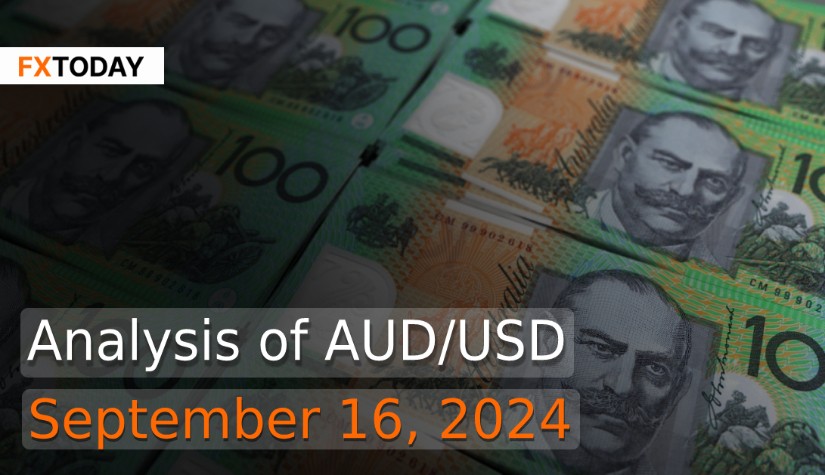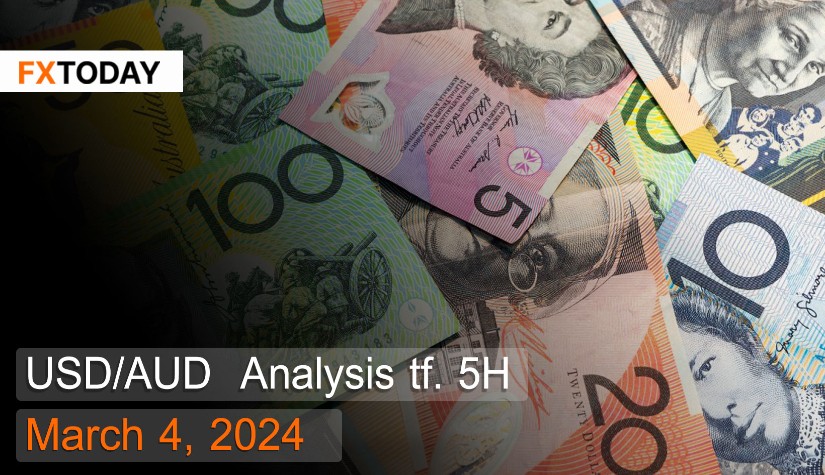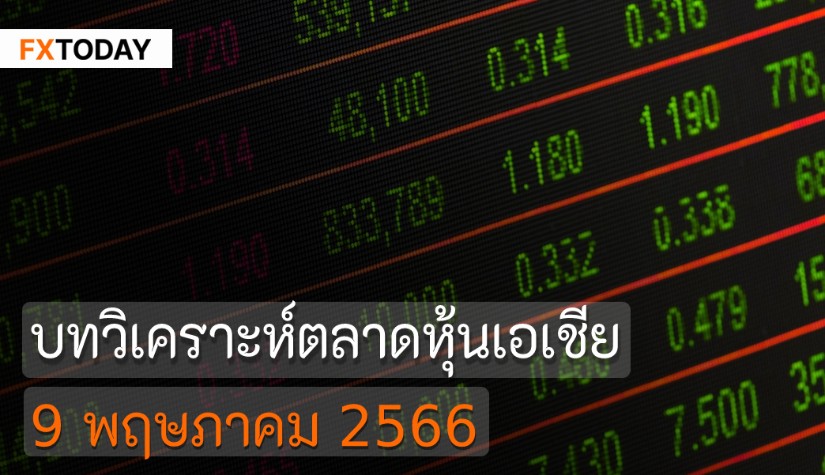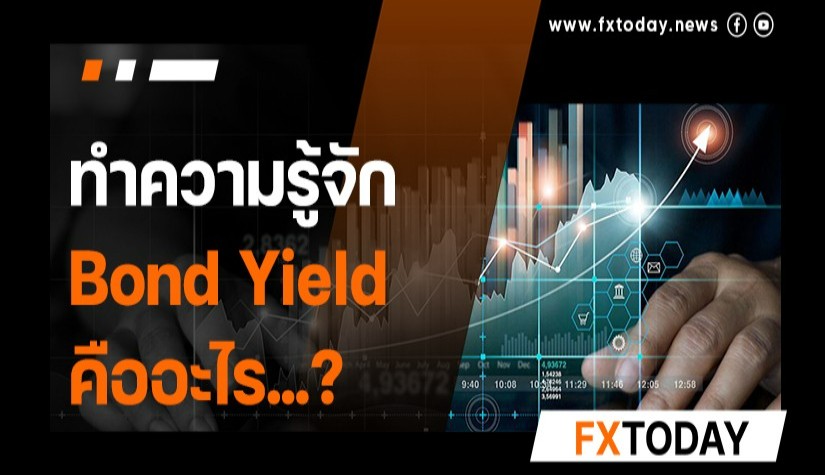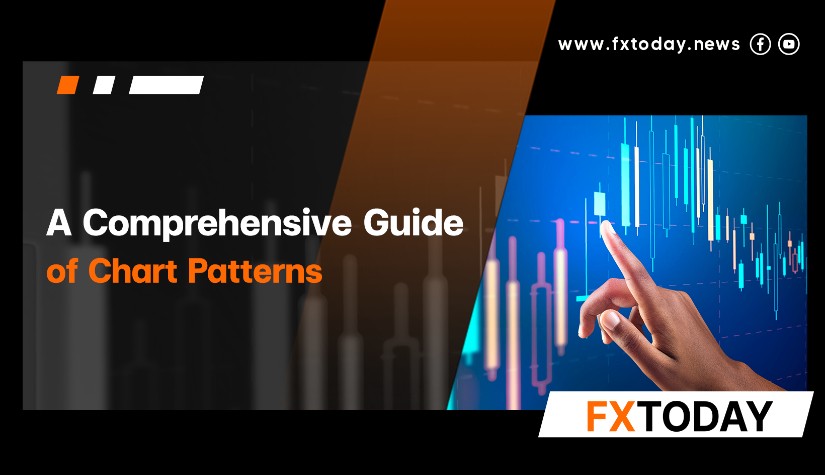RBA Sees Tight Labor Market, AUD/USD Volatility Ahead of Fed Decision
Australia's central bank noted that the labor market remains tight but is gradually balancing as high interest rates slow demand, likely leading to a mild economic downturn. RBA Assistant Governor Sarah Hunter highlighted that the labor market is still stronger than expected, with high participation and hours worked, despite unemployment rising to 4.2%. The RBA expects further easing as population growth outpaces employment gains. Hunter also acknowledged that labor demand could exceed expectations, making a rate cut unlikely in the near term. However, markets still predict a potential cut in December, largely influenced by global central bank actions. Migration has also boosted labor supply and demand, though wage growth has started to slow.
Efforts to reform the RBA face significant political hurdles. These reforms include a new governance board for the RBA, but opposition fears it could lead to partisan appointments. Despite attempts to find a compromise, passing the reform through parliament remains challenging.
Business conditions in Australia fell to their lowest in over two years in August. The NAB business survey showed a drop in employment demand, signaling a potential end to the post-COVID labor boom. The RBA has held interest rates steady since November but inflation remains stubborn at 3.9%.
Australian consumer sentiment remained weak in September due to concerns over the economy and job security. While fears of further interest rate hikes have lessened, pessimism persists as growth slows. Although income tax cuts provided some relief, economic outlook measures have deteriorated, with many worried about job prospects. Economic growth in the June quarter was sluggish, and consumer spending on major household items remains subdued.
On Friday, the U.S. dollar dropped to its lowest level in almost nine months, driven by media reports suggesting that the Federal Reserve might consider a larger-than-expected 50-basis-point interest rate cut at its upcoming meeting. The futures market now shows a 51% chance of such a cut, up from 15% earlier.
Despite the dollar's decline, it regained some ground after U.S. consumer sentiment improved in September, buoyed by easing inflation. The University of Michigan's consumer sentiment index rose to 69.0, signaling a four-month high, with expectations that inflation would continue to moderate and household incomes would improve. However, views on the labor market weakened due to slower job growth.
Economic data, including a drop in import prices and moderate increases in producer and consumer prices, gave the Fed more flexibility to focus on labor market conditions, which have cooled since last year. Fed Chair Jerome Powell has signaled a rate cut is forthcoming, but has not clarified the size or pace of the cuts, leaving room for debate among policymakers. As a result, the AUD/USD pair is likely to continue trading within a broad range during this period, with potential for increased volatility surrounding the Fed's interest rate decision. In the medium term, the Australian dollar's gains are expected to be constrained due to the differing economic returns between the two countries.
Data for Technical Analysis (1D) CFD AUD/USD
Resistance : 0.6718, 0.6724, 0.6733
Support : 0.6700, 0.6694, 0.6685
1D Outlook
Source: TradingView
Buy/Long 1 If the support at the price range 0.6680 - 0.6700 is touched, but the support at 0.6700 cannot be broken, the TP may be set around 0.6722 and the SL around 0.6670, or up to the risk appetite.
Buy/Long 2 If the resistance can be broken at the price range of 0.6718 - 0.6738, TP may be set around 0.6752 and SL around 0.6690, or up to the risk appetite.
Sell/Short 1 If the resistance at the price range 0.6718 - 0.6738 is touched, but the resistance at 0.6718 cannot be broken, the TP may be set around 0.6699 and the SL around 0.6748, or up to the risk appetite.
Sell/Short 2 If the support can be broken at the price range of 0.6680 - 0.6700, TP may be set around 0.6664 and SL around 0.6728, or up to the risk appetite.
Pivot Points Sep 16, 2024 02:57AM GMT
|
Name
|
S3
|
S2
|
S1
|
Pivot Points
|
R1
|
R2
|
R3
|
|---|---|---|---|---|---|---|---|
| Classic | 0.6675 | 0.6685 | 0.6699 | 0.6709 | 0.6722 | 0.6733 | 0.6746 |
| Fibonacci | 0.6685 | 0.6694 | 0.67 | 0.6709 | 0.6718 | 0.6724 | 0.6733 |
| Camarilla | 0.6707 | 0.6709 | 0.6711 | 0.6709 | 0.6716 | 0.6718 | 0.672 |
| Woodie's | 0.6677 | 0.6686 | 0.6701 | 0.671 | 0.6724 | 0.6734 | 0.6748 |
| DeMark's | - | - | 0.6693 | 0.6706 | 0.6716 | - | - |
Sources: Investing 1, Investing 2

